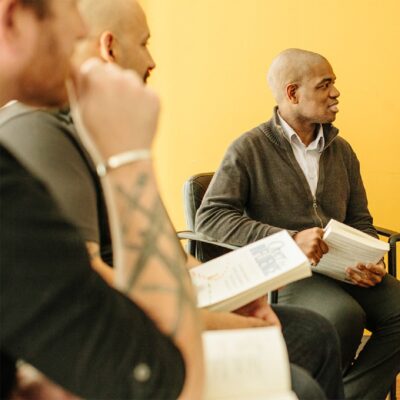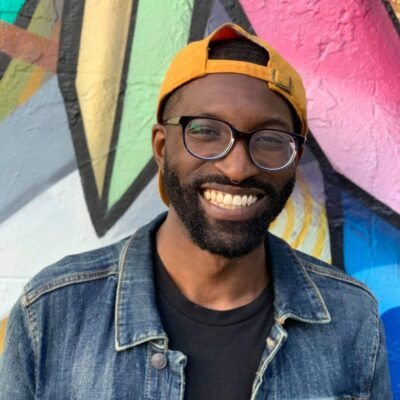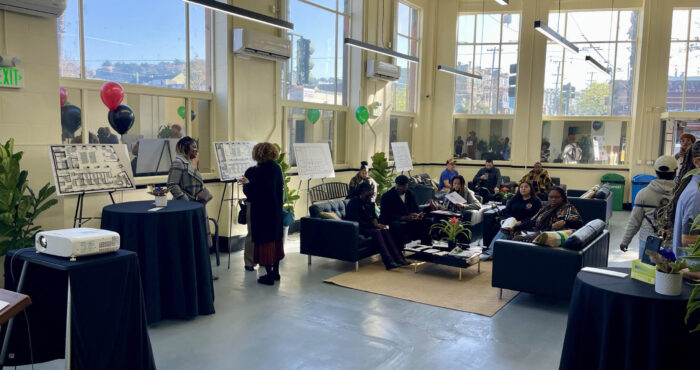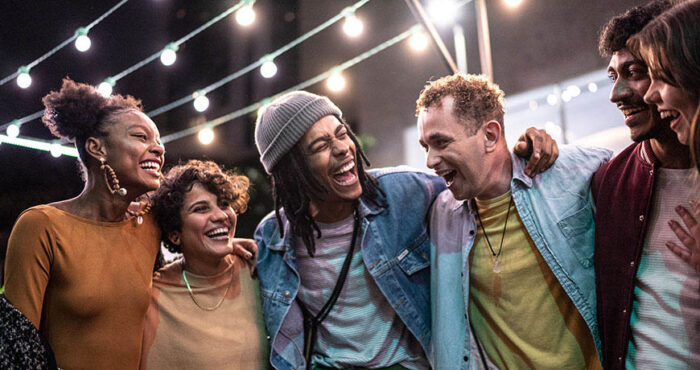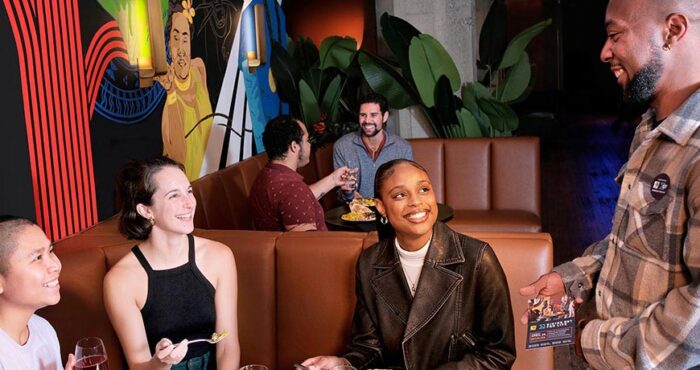People often equate harm reduction with syringe access services— providing people who inject drugs with the supplies and resources they need to prevent HIV, hepatitis C, other blood-borne infections, abscesses and skin infections.
I’m here to tell you that it’s so much more than that.
Harm reduction is an expression of love and empathy for all who use drugs, who have sex, who engage in sex work or do other things that can result in harm. That means that all of us, at different points in time, practice harm reduction as a way to take care of ourselves and the people we love.
When applied to drug use, harm reduction strategies exist on a spectrum anywhere from safer techniques (like testing your drugs for fentanyl or using with friends who have Narcan), to managed use, to abstinence. It can include limiting when we use drugs, or changing how or what we use. Harm reduction recognizes that there are reasons why we use drugs, and reasons why we don’t or can’t stop. Harm reduction creates opportunities so that we can be as safe as possible.
When we practice harm reduction, we work to create spaces and conversations that heal the harms caused by a racist drug war. It’s a lens through which we can look at social inequities and the way they impact the harms we are vulnerable to.
If you have money and resources, the risks you experience from drugs will look very different than those you might encounter if you’re unhoused and using outdoors. If you don’t have access to showers or hygiene supplies, or if you’re trying to use under your coat in a public place and you’re rushing because people are walking by and you feel shame and stigma, you may be exposed to more risk.
Add to that how factors like race, gender, sexuality, immigration status and disability can influence how much money you make, your risk of experiencing homelessness, and how likely the police will be to confront you. Harm reduction recognizes–and works within–the structural inequalities that we face that intersect with drug-related stigma and the harm it causes.
Standing squarely in the way of harm reduction is the war on drugs.
The drug war has shaped a collective societal view of certain drugs as inherently bad or evil. Drugs can’t be bad, nor can they be good, because they are just a thing that can be used for many different reasons. When we see those drugs as bad, then we start to look at the people who use them as bad–as opposed to people who use drugs for reasons of their own.
This mindset leads to people in power operating from a punitive space—coming at the problems caused by drugs with hurt as opposed to health. There are a lot of people with really good intentions who think, ‘I need to punish you because that’s how you get better.’ But if you’re coming at someone who uses drugs with that perspective, it means you’re not listening to that person. You’re not including that person. You’re trying to tell them what’s best for them (abstinence) without listening to them about what they need to be healthy and whole.
It’s important to acknowledge that most people have trauma around drug use, something that my colleague Miss Ian, the executive director of the San Francisco Drug Users Union has reminded me. We’ve been affected by our own use, the use of our family or friends, or what we’ve seen in our community growing up. This is one reason why it can be difficult to prevent any negative feelings about drugs from setting expectations about what people who use drugs should or shouldn’t do. But we must try.
Harm reduction is one way to help process some of these experiences of trauma.
We don’t minimize, ignore or overlook the real or tragic harms that can come from licit or illicit drug use. In fact—we have to be pragmatic, realistic and informed in order to find solutions to minimize or prevent these harms. We know that people die every day from opioid overdose. That’s why we’re proponents of overdose prevention—testing drug supplies, using with other people, being trained on and having Narcan—strategies that have been proven time and time again to save the lives of people who use drugs.
For all the drug users who feel overlooked, discounted or on edge—we see you. We’re here to meet you where you are with love and support.
Harm Reduction Coalition
Harm Reduction Coalition is a national advocacy and capacity-building organization that works to promote the health and dignity of individuals and communities who are impacted by drug use, challenging the persistent stigma faced by people who use drugs and advocating for policy and public health reform.
Looking for drug and alcohol use support?
Find out more about the harm reduction-based substance use services at San Francisco AIDS Foundation. We help people who use drugs to pick evidence-based strategies to reduce the harm that drugs and alcohol can cause.




